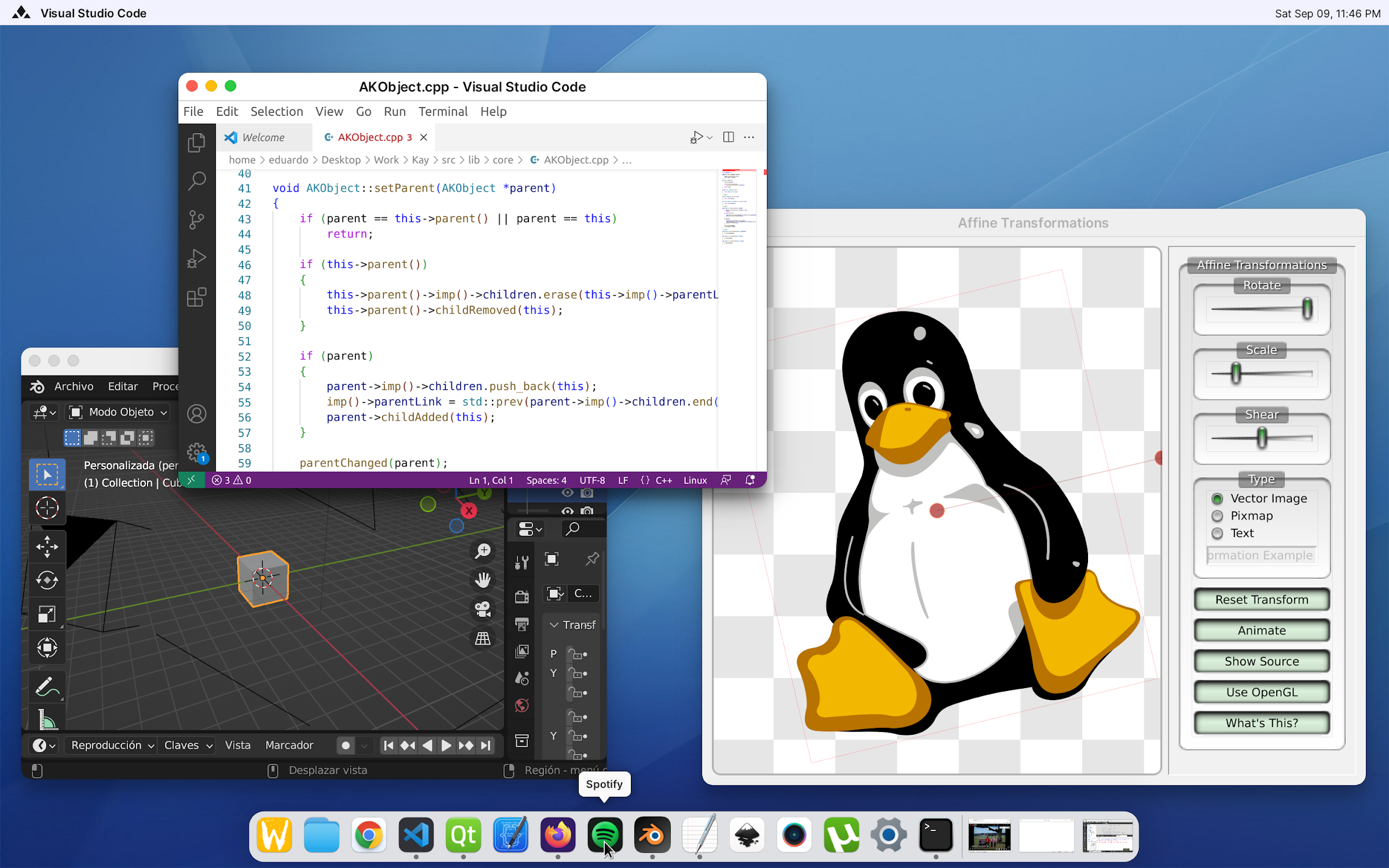this post was submitted on 14 Nov 2023
1 points (100.0% liked)
Linux
48323 readers
637 users here now
From Wikipedia, the free encyclopedia
Linux is a family of open source Unix-like operating systems based on the Linux kernel, an operating system kernel first released on September 17, 1991 by Linus Torvalds. Linux is typically packaged in a Linux distribution (or distro for short).
Distributions include the Linux kernel and supporting system software and libraries, many of which are provided by the GNU Project. Many Linux distributions use the word "Linux" in their name, but the Free Software Foundation uses the name GNU/Linux to emphasize the importance of GNU software, causing some controversy.
Rules
- Posts must be relevant to operating systems running the Linux kernel. GNU/Linux or otherwise.
- No misinformation
- No NSFW content
- No hate speech, bigotry, etc
Related Communities
Community icon by Alpár-Etele Méder, licensed under CC BY 3.0
founded 5 years ago
MODERATORS
you are viewing a single comment's thread
view the rest of the comments
view the rest of the comments

Many people have predicted the death of the small, independent window manager with the coming of Wayland. I have heard multiple times that only large projects like GNOME and KDE would be able to take on the burden of making a compositor.
Now, I do think that lots of no longer actively developed window managers could get left behind. But the idea that it will be too complicated to create a window manager now is turning out to be wrong.
First, fewer desktop environments are getting left behind than feared. XFCE, Cinnamon, and MATE all seem to have Wayland plans now.
The big change is the appearance of not one but multiple compositor libraries designed to make it easier to create a window manager for Wayland. Some of them look like they might make it easier than it was under X. The approach taken by this one makes the idea of hacking around with it very inviting.
Although having to create a compositor has made things difficultly until now, I think the idea of decoupling the compositor for Wayland is going to look smart in the long run.
Being separate from Wayland, compositor devs are free to experiment and window manager authors can select the one that best maps to their goals.
I was reading up on Oasis Linux yesterday. It comes with a Wayland compositor ( SWC ) and tiling window manager ( Velox ) that are less than 20,000 lines of code combined!
It would not be practical for a light-weight distro to trim down Xorg like that. But I the compositor is separate, it can be either smaller or feature rich. SWC is XWayland compatible but obviously that is going to add more size if you need it.
Looking forward to the window manager innovation that projects like Louvre enable.